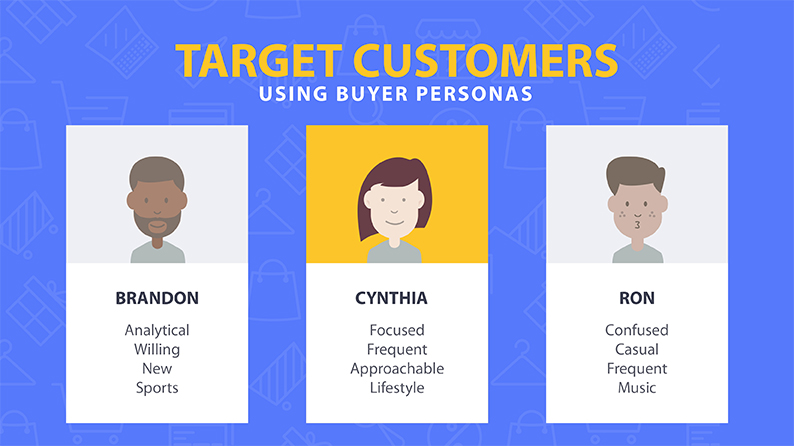
Written by Hannah Smith – Marketing Student at Oregon State University
Which certification did you complete, and how long did it take to complete?
This term, I decided to complete HubSpot’s Social Media Marketing Certification. It took about 5 hours to complete, with another hour to take the final exam. It was a simple course, with informational videos and quiz questions to keep me engaged as a student in the certification course.
What did you like best and least?
In this course, I liked that the concepts were well explained by the HubSpot professors, who are also real marketing experts. The professors in the videos provided many examples through the lecture videos, which gave me a really great understanding of the concepts. One thing I liked learning throughout the course was how many free resources there are the create social media content, from graphics, to videos, to live streams. It was really interesting to see how businesses conduct their social media behind the scenes with all the content creation tools on the internet. As someone who is soon starting an internship where I will be managing social media accounts, I am looking forward to utilizing some of these tools.
One thing I did not enjoy as much throughout the course was the legal side of the information. While this is a very important concept in the course and understanding how to correctly utilize social media, it was hard for me to comprehend when it comes to legal logistics. If I spent more time re-watching the videos, I believe that I would have a better understanding of how it works.
Were there any disappointments or frustrations?
Luckily, I did not have any disappointments or frustrations because HubSpot’s academy lecture videos made it extremely easy to understand the concepts. The lectures also spent a good amount of time on each concept, so that you can understand it in many different ways with examples.
What did you learn?
In this course, I learned a lot about different social media platforms. I learned how they can utilize, what type of ads to produce for each platform, how long content lasts on each platform, and so much more. I also learned about social listening, and the types of services that are offered online for free, or services that you can hire to do the work for you. Another interesting thing I learned is how to deal with a social media crisis. I found this really important because it’s very easy to make a mistake on social media that may upset or offend somebody, causing a domino effect. This information can be extremely helpful, because I feel like a lot of brands have had to learn how to deal with social media crisis through their own experiences, unfortunately.
Do you believe this certification program is useful for other marketers?
I believe this certification program can be extremely useful for other marketers! This course can help experienced marketers gain a new perspective on the constant changes that are happening within social media platforms. The course also goes into depth about understanding your target audience, and how to perform best on each social media platform.
On a scale of 1-5, how likely are you to recommend this certification program to a friend? Why?
On a scale of 1-5, I would give HubSpot’s Social Media Marketing Certification Course a 5! It provides a lot of informational, useful content, and the course doesn’t take long to complete, so it’s not a huge commitment if you live a busy lifestyle! As I said before, social media platforms are a constantly changing market for advertising and engaging with your consumers, so this certification is a great way to stay up to date with your social media skills, as well as having successful social media pages for your business!
Below is a link to the free course by HubSpot, so you can try it out on your own!




